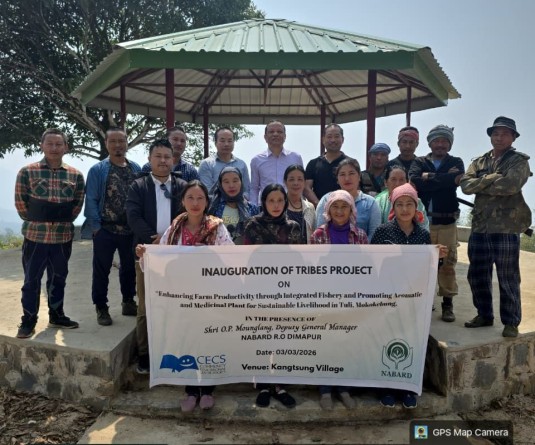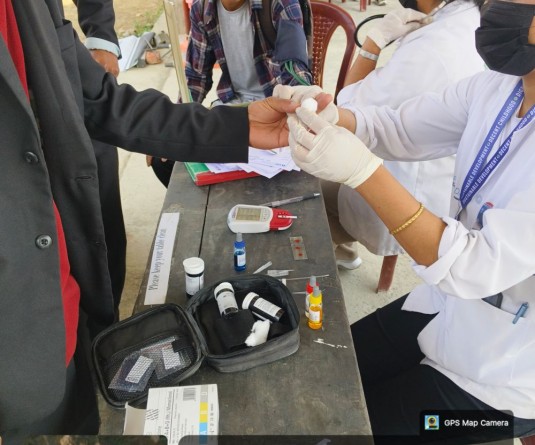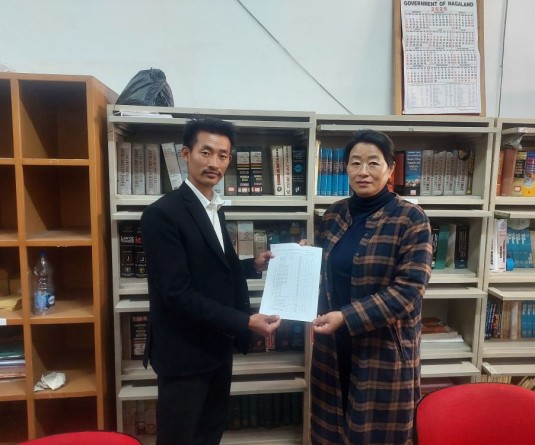
Our Correspondent
Kohima | January 22
The Nagaland Vision 2030 while touching on education and health care matters stated that the rural areas have no choice but to continue depending on the government institutions and services unlike the urban areas where the people have options for private sector services.
“Therefore, urgent attention needs to be given as to how the quality of the services provided through the public institutions can be improved in the next five years,” the Vision statement observed.
It stated that along with special incentives as also capacity-building programs for the government functionaries, the process of communitisation has to be promoted with more ardour and up-scaled wherever necessary.
The NGO sector also has to be promoted through various incentive programs to go into the rural areas to provide such services, it added.
The Vision document also stated that the housing and sanitation perspectives seem clear with provision of 100 per cent housing to all by 2022 and 100 per cent sanitation of the households by 2021.
Water supply however remains an issue. Over the years, only 623 habitation out of 1530 or 40.72 per cent of the habitation were deemed fully covered while 864 habitations or 56.47 per cent were only partially covered.
“While the rural development department envisages to supplement drinking water supply by reviving springs, streams, water sources and traditional ponds, this will not be adequate. Structural changes in the form of water charges need to be introduced for their continued maintenance,” the Vision document said. It also added that there will be need for substantial investment in rural water supply to provide adequate water supply to the villages in the next ten years.
Although 94.65 per cent of the villages have been electrified, the availability of constant power supply is altogether a different matter, the Vision document stated adding that there are serious problems of maintenance for which a special program needs to be drawn up for improving both the transmission and distribution to the rural areas. Skilling and capacity building among the rural population is an essential ingredient for uplifting them, it stated adding that this is required for the purposes of livelihood, accessing gainful employment both in the rural areas and even outside.
“But along with this, if the economy of the state is to be transformed through agriculture, the people in the rural areas, especially framers will have to be enabled with better skills and knowledge to enhance their productivity at commercial scale,” the Vision document observed. It maintained that their skills have to be built up not only to adapt to new farming technologies but also to venture into non farming activities like transportation, storage, marketing, processing and even packaging.
Special programs therefore, have to be drawn up to build the capacities of the rural people to meet the needs of the emerging economy, it added.






